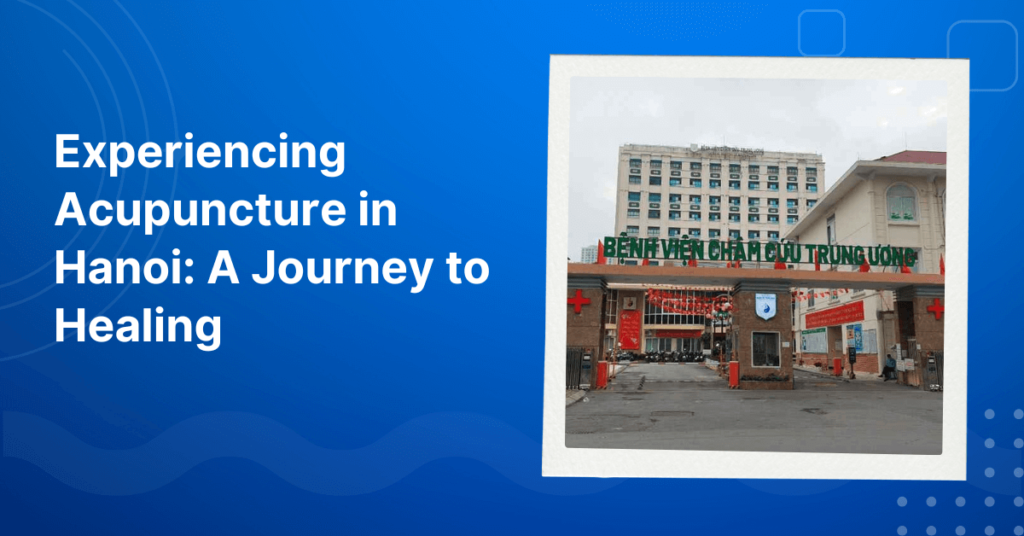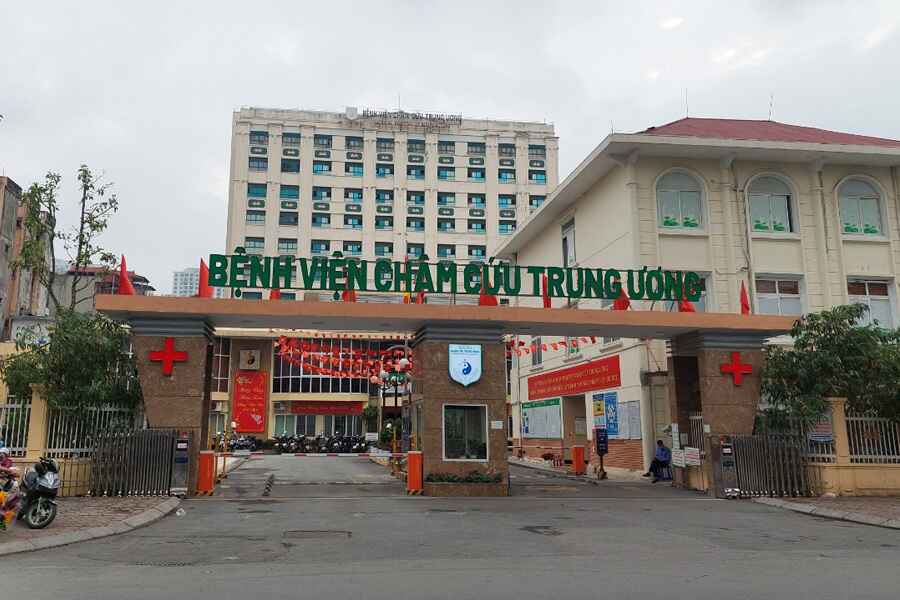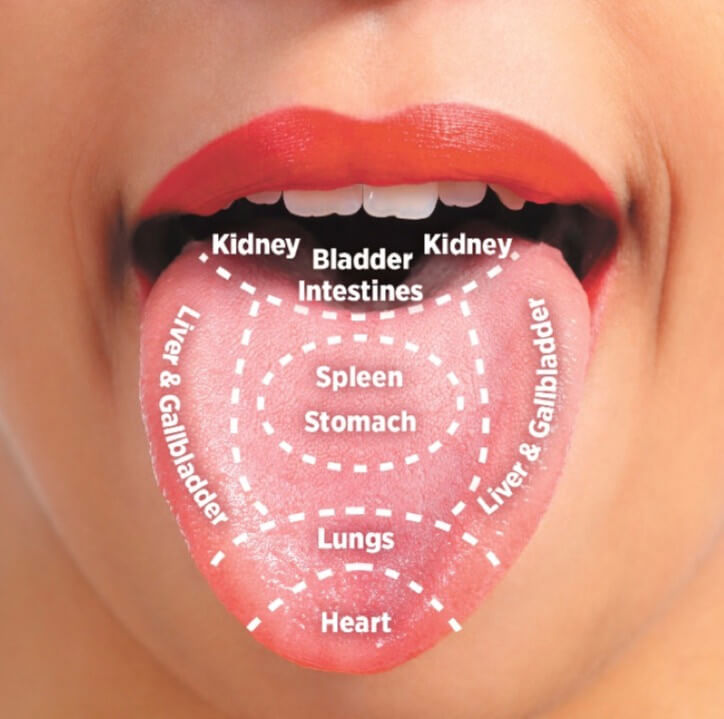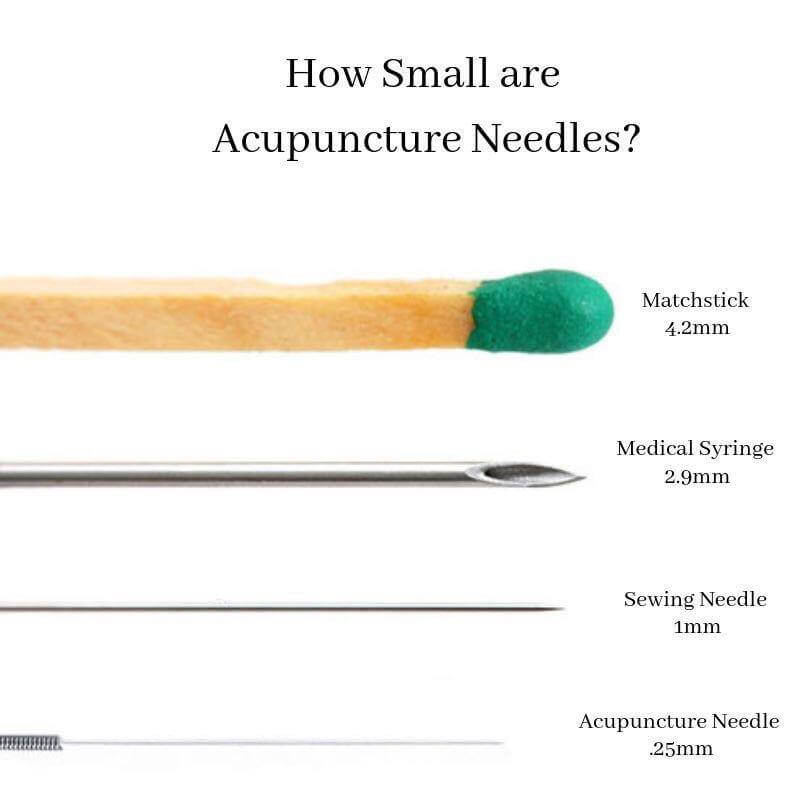
Experiencing Acupuncture in Hanoi: A Journey to Healing
In the bustling city of Hanoi, it is very easy to find various acupuncture centers which offer a holistic approach to health and wellness. Whether you are a resident or a visitor, experiencing acupuncture in Hanoi provides an opportunity to delve into a traditional healing practice that has been refined over thousands of years.

Experiencing Acupuncture in Hanoi: A Journey to Healing
Where to find acupuncture in Hanoi
You can find high-quality acupuncture services at various reputable clinics, each offering unique experiences across different parts of the city. Yakushi Center, located in the expat Tay Ho district, is known for its serene environment and professional practitioners, providing acupuncture sessions starting at around 350,000 VND. The Vietnam National Hospital of Acupuncture, situated in Dong Da district, offers treatments from highly trained medical professionals, with prices typically ranging from 200,000 to 700,000 VND per session. Dao’s Acupuncture Clinic in the Hoan Kiem district provides personalized care in a central location, with sessions priced approximately at 400,000 to 600,000 VND. In addition, you can find Oriental Medicine Clinics scattered throughout Hanoi that offer comprehensive acupuncture services at similar price points, ensuring accessible and effective traditional treatment options across the city.
Discover Related Guides: Top 7 Best Hospitals in Hanoi for Foreigners

The Initial Consultation
Your acupuncture session typically begins with a detailed consultation. You will start by outlining your basic symptoms to the practitioner. This step is crucial as it helps the acupuncturist understand your specific health concerns and tailor the treatment accordingly. The practitioner will ask you to describe any pain, discomfort, or other symptoms you are experiencing. This might include details about your sleep patterns, digestion, stress levels, and overall well-being.
Next, you will be asked to stick out your tongue and show the underside. This might seem unusual, but in Traditional Chinese Medicine (TCM), the tongue is a window into the body’s internal health. The practitioner will examine the color, shape, and coating of your tongue to gather more information about your condition.
Additionally, the acupuncturist will feel your pulse on both wrists. This is not just a check for the heart rate, but an assessment of the quality, rhythm, and strength of the pulse. Different positions on the wrist correspond to different organs and systems in the body, providing the practitioner with insights into your internal health.
Explore More About Vietnam: Top 8 Best Hospitals In Ho Chi Minh City For Expats

Preparing for the Session
Once the initial assessment is complete, you will be guided to a treatment room. Privacy is maintained throughout the session, and you will be asked to wear your underwear. In some cases, a gown or a towel may be provided for added comfort.
The acupuncturist will then prepare the needles. These needles are very small and thin, resembling a pin more than a needle. The thought of needles can be daunting for some, but rest assured, the sensation is more of a light pinprick than a painful jab.
The Acupuncture Process
One of the fascinating aspects of acupuncture is that the needles might not be placed in the exact location where you are experiencing symptoms. This is because acupuncture works on the principle of balancing the body’s energy, known as “qi” (pronounced “chee”), which flows through specific pathways called meridians. By targeting points along these meridians, the acupuncturist aims to restore harmony and promote healing throughout the body.
Typically, an acupuncture session lasts about 45 minutes. After the needles are inserted, you will be left to relax for a period, allowing the needles to work their magic. During this time, the acupuncturist may offer a gentle neck and head massage. This addition enhances relaxation and can help in further relieving tension and stress.
Read This Next: Top 3 Best Internet Service Providers in Vietnam you should know

Needle Removal and Aftercare
When it is time to remove the needles, the process is as gentle as their insertion. The acupuncturist will carefully take out each needle and may gently rub the area with cotton wool. You will not see any blood, and no scabs will form, as the needles are extremely fine and cause minimal tissue disruption.
After the session, it is common to feel lightheaded. This is a normal response as your body adjusts to the energy shifts initiated by the acupuncture. Drinking water immediately afterwards can help you rehydrate and regain your balance.
Benefits and Experience of acupuncture in Hanoi
Acupuncture is renowned for its broad range of benefits. It is commonly used to treat pain, stress, anxiety, insomnia, digestive issues, and more. Many people find that it provides relief where conventional treatments have failed. The holistic approach of acupuncture addresses the root causes of symptoms rather than just masking them, leading to more sustainable health improvements.
Explore This Topic: 12+ Spots to Get BEST Banh Mi in Hanoi, Vietnam (Updated 2025)
If you find yourself in Hanoi and are curious about acupuncture, it is definitely worth a try. The combination of expert practitioners, the very reasonable price and the convenience of having an acupuncture clinic near you make it a compelling choice for those seeking alternative health solutions. The process, from the initial consultation to the gentle removal of needles, is designed to be as comfortable and beneficial as possible – so take this chance to experience something totally different and enjoy your journey into the world of acupuncture in Hanoi, where tradition meets modern wellness through acupuncture.







